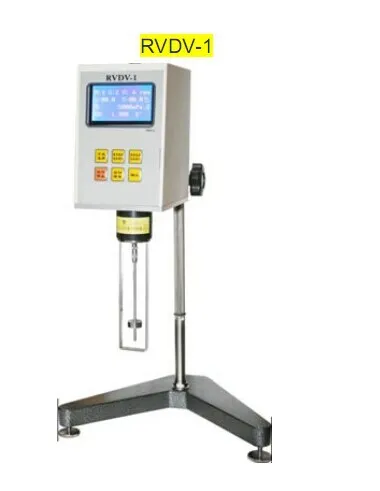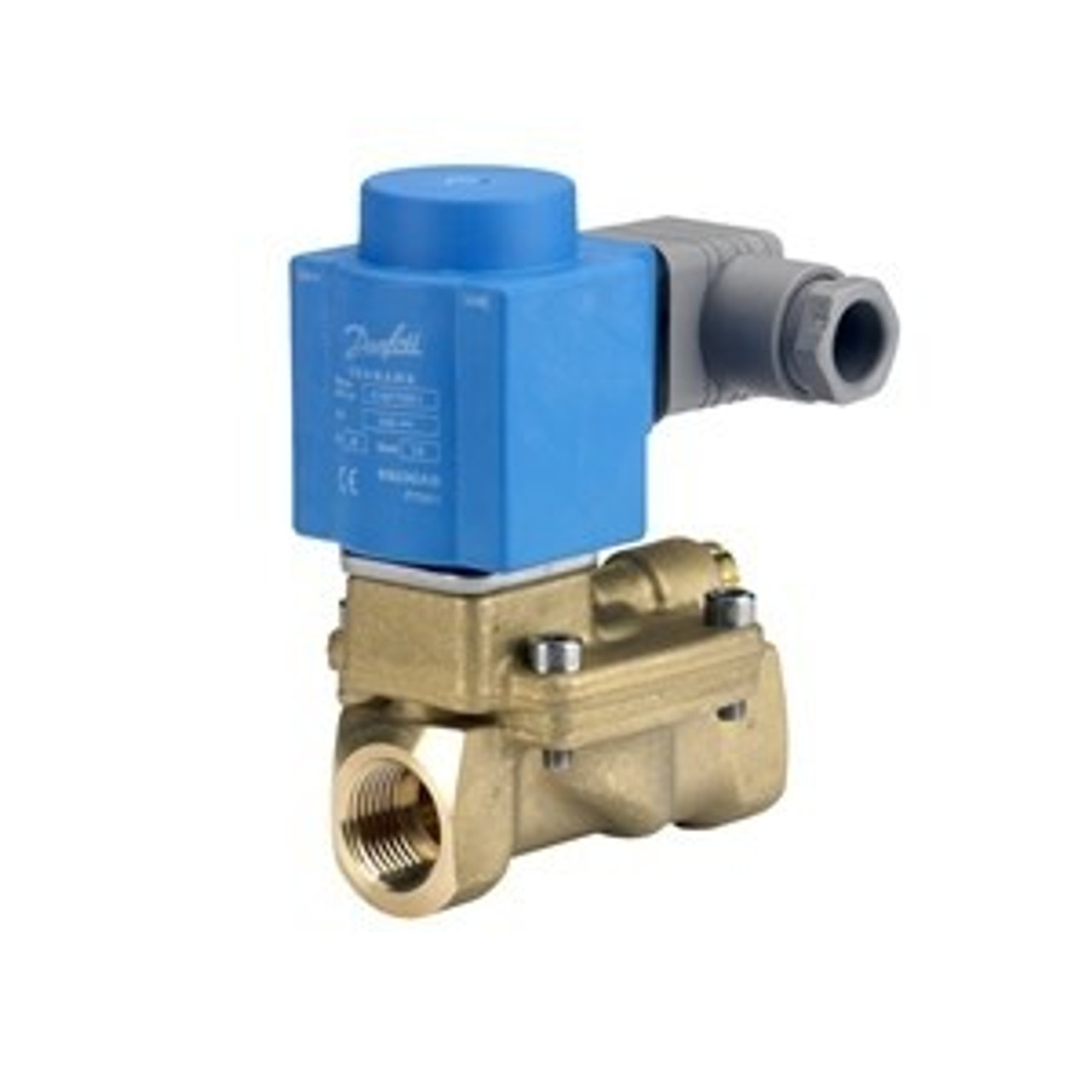
“We monitor process parameters closely for each recipe. There cannot be any sedimentation, and taste, aroma and all the functionalities must last at least until the expiry date. The data is vital in handling the particular challenges involved in producing long shelf-life products. Parameters include fat, protein, dry matter and freezing point and these are measured throughout the process. Roeygens adds “Without the instruments we cannot receive milk, we cannot work.” For the same reason they have two instruments, so that one is always on standby.Ĭurrently, around 150 samples of incoming milk and various products are analysed each day. She explains how the power is sometimes shut down during factory maintenance, in which case she makes sure power to the laboratory is kept on so that the MilkoScan units can keep on working. “I can’t imagine doing processing of our products without our instruments,” she says. Quality control specialist Lea Spinel handles the routine testing of all these products in the plant laboratory where the MilkoScan testing instruments are located. Customers include a range of private labels and internal own-label products. Last year it produced 220 million litres of end products and has a target to produce 137 million more. The plant focuses on long shelf life products with added value such as coffee milk, chocolate milk and cream for baking with, for example, up to 40% fat. “Operators can choose the sample type and an automatic cleaning sequence ensures that there is no sample carry-over.”įrom liquid milk entering production to final products: the MilkoScan FT2 measures a variety of samples directly without preparation. “We can measure raw material, pasteurized material, end products – it is no problem,” says Roeygens. Two MilkoScan FT2 analysers are helping to do just that as a variety of samples come in from many directions around the plant. These are the realities of quality control in the modern dairy.įor quality control officer, Johan Roeygens, flexible production is no problem as long as the production laboratory can keep in step with quality control requirements.

One minute you need to test incoming milk for protein and fat for standardization purposes, the next you need to test high fat cream to check that production is running smoothly and that quality is on target.

Rapid testing of both incoming milk and various end products with the Milkoscan™ FT2 milk testing instrument has become a cornerstone of production.

Skilled in common laboratory techniques such as filtration, dilution, homogenization, fractionation, dessication, centrifugation, acid digestion, conventional acid - base titration, etc.


 0 kommentar(er)
0 kommentar(er)
